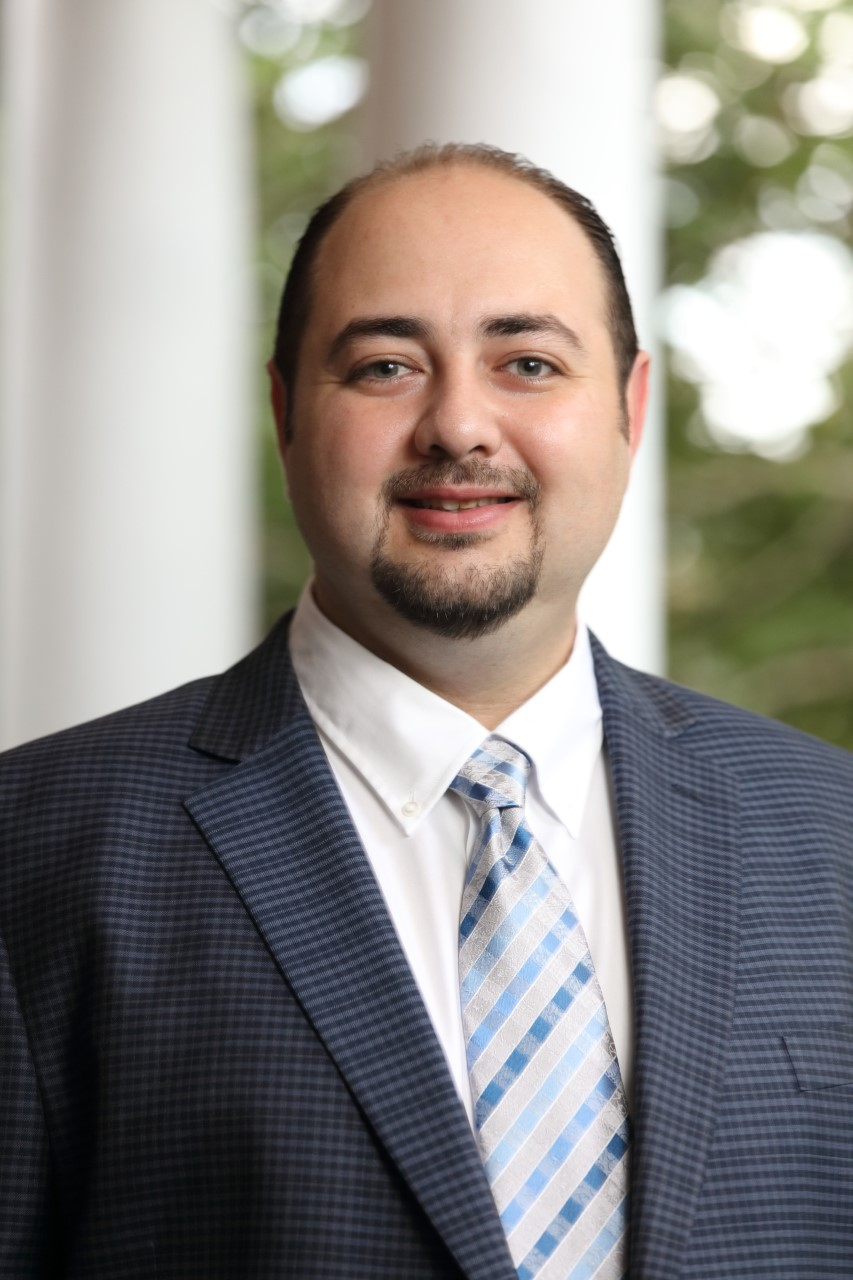SCHOOL OF COMPUTER SCIENCE
The School of Computer Science at the University of Windsor is pleased to present…
Computer Science Colloquium Series - Presentation in the morning and a Workshop (by registration only for Workshop - see info. and workshop registration link below) to follow in the afternoon
Date: Friday January 24th, 2020
Time: 10:00am – 11:00am
Location: Odette Building Room 110
Dr. Ahmed Ibrahim, Deptartment of Computer Science, University of Virginia

Abstract:
The evolution of healthcare solutions has transformed the entire healthcare process to become more efficient, less expensive, and of higher quality. The privacy and security of electronic medical information pose serious problems when healthcare providers need to retrieve this information from remote providers. Health information contains important details, like prescriptions for controlled substances, which make it more valuable to hackers than credit card numbers. The FBI indicates that cybercriminals sell partial medical information on the black market at a rate of $50, compared to $1 for a stolen social security number or credit card number. In this talk we'll explore a solution to secure health information exchange by providing healthcare organizations with the capability of mutual authentication and patient authentication and ensuring the privacy, integrity, and auditability of medical information being exchanged. Patients authorize certain types of medical information to be retrieved, which helps prevent leakage of undesired medical information unintentionally.
Bio
Ahmed is an Assistant Professor in the Department of Computer Science at the University of Virginia since August 2016. He received his Ph.D. in Computer Science from the University of Kentucky in 2016. He also holds two M.Sc. degrees in Computer Science, one from the University of Kentucky in 2014 and one from Egypt in 2009. Due to Ahmed’s enthusiasm in teaching and his joy in seeing people learn, he joined the Preparing Future Faculty (PFF) program at the University of Kentucky and earned a Certificate in College Teaching and Learning in 2014.
Ahmed currently teaches several undergraduate courses with a focus on Cybersecurity. He is passionate about enhancing and improving cybersecurity education and is actively developing hands-on cybersecurity content. He received an alumni gift (twice) to offer a research assistant position in cybersecurity. In 2018, he received internal funding to build a small cyber range for students to experience effective cybersecurity exercises. Ahmed is UVA's Executive Committee Member to the Virginia Cyber Range and has served as a panellist for the National Science Foundation twice.
Ahmed's research interests are in the area of security and privacy. He conducted research on e-voting security for the Egyptian parliamentary elections, which involved designing a protocol that allows for voter privacy while remaining verifiable. Ahmed is currently researching secure health information exchange by providing healthcare organizations with the capability of mutual authentication and patient authentication and ensuring the privacy, integrity, and auditability of medical information being exchanged.
Ahmed's future research directions include: e-voting in the era of cyber threats, Red and Blue Teams automation, securing IoT and SOHO devices, developing criteria for usable and effective interactive cybersecurity content.
Part II of the Colloquium Series - Workshop: Hacking WEP and WPA2 Access Points
School of Computer Science
Friday, January 24 from 4:00 - 6:00 PM
Location: JAVA LOUNGE - ER 3150 (limited number of seats available )
The School of Computer Science along with Dr. Ahmed Ibrahim will be conducting a hands on workshop on Friday January 24th, 2020 at 4:00pm in Erie Hall Room 3150. Space is limited
With the modern widespread use of WiFi, it is important to show students how WiFi access points can be exploited in practice. The theory behind exploiting WEP and WPA2 has been available for a number of years. However, it has not been easy to offer students the opportunity to apply these theories in a real environment. In this workshop, you will (1) learn how to locate and identify WiFi access points (a.k.a reconnaissance), (2) understand the conditions under which WEP and WPA2 can be hacked, and (3) and get a chance to checkout a WiFi USB adapter and hack up to four WEP access points (with different settings), in addition to a WPA2 access point.
Note: Participants must have a laptop with VirtualBox installed and an available USB port. Before the workshop, download and import the following Kali VM:
https://www.ahmed.ai/download-and-import-kali-attacker .
If you have trouble importing or running the VM, at least have it downloaded before the workshop such that we can troubleshoot immediately without waiting for the VM to download.
** If you registered for this event and can no longer attend, please email mrobi@uwindsor.ca immediately, as we will have a waitlist.
Thanks and have a great day!
For Information:
Dr. Sherif Saad Ahmed
